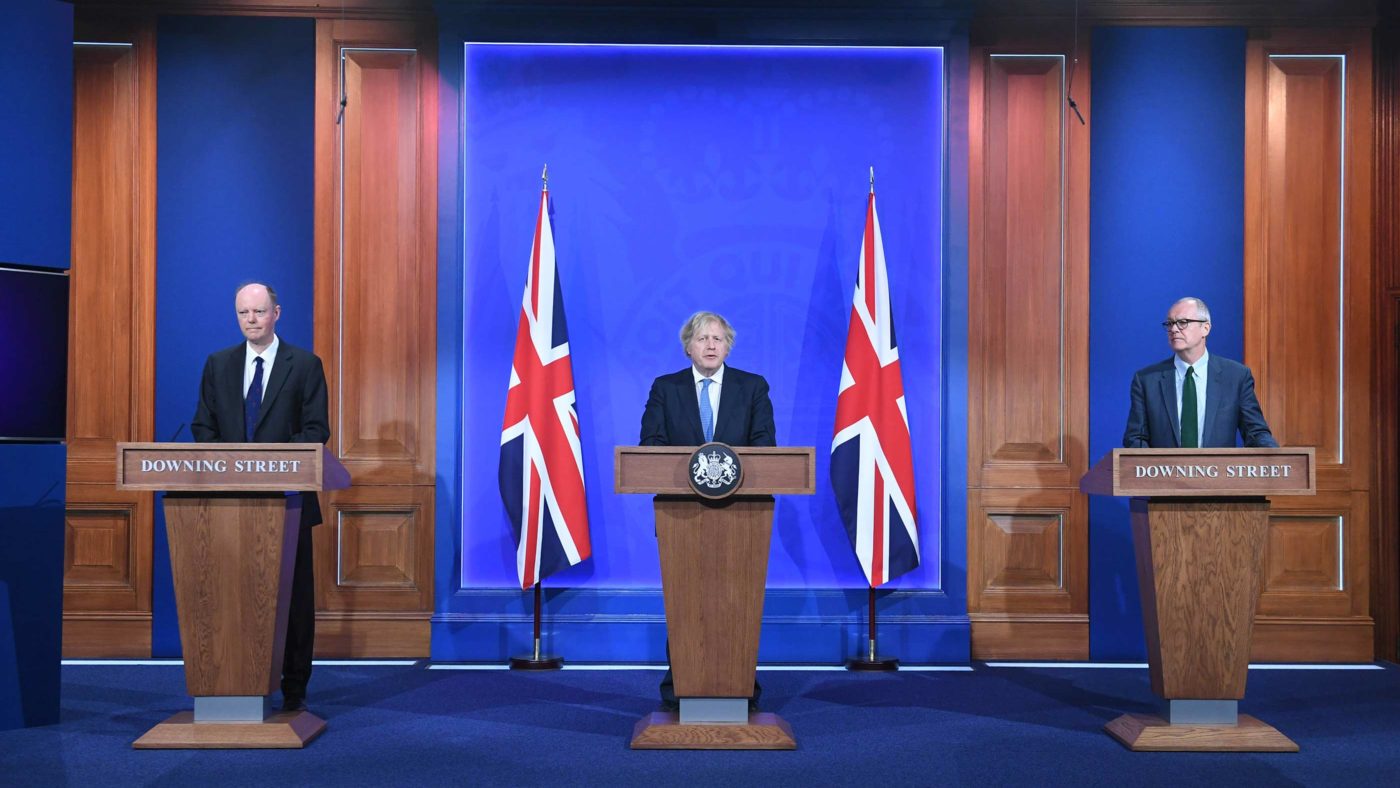“I would be amazed if it was done in less than, say, seven or eight years from the start, but that’s a pure guess not based on anything at all. It could take substantially longer.”
Those calling for a public inquiry into the UK’s Covid response would do well to heed the warning this week from Lord Saville, the former chair of the Bloody Sunday inquiry.
Of course, one can understand why so many people see such an exercise as inevitable. The vast loss of life, the litany of mistakes, the acute cost to the economy: all demand that something must be done to avoid a repeat. Recent polling suggests the public are, broadly, in favour too (though it’s interesting to note a fairly clear partisan split between Labour and Conservative voters).
Its aims would be threefold: establishing what happened, attributing responsibility for errors and trying to ensure we don’t repeat those errors. The question, however, is not whether we need to learn lessons, but whether an inquiry is the right vehicle to do so.
For one thing, as Saville suggests, these things tend to drag on. The Bloody Sunday Inquiry certainly stands out, having taken 12 years and cost just shy of £200m, but it was hardly unique. The Iraq War Inquiry ended up taking seven years and issued its final report 13 years after the original decision to deploy British troops. The Grenfell Tower Inquiry is already three years into its work – and that is with a relatively narrow remit. This isn’t a criticism of those involved, but a reflection of just how long it can take to amass and dissect reams of evidence (Saville’s inquiry, for instance, heard from more than 900 witnesses).
Just establishing the terms of reference for a Covid inquiry is sure to be an extremely fraught and controversial process.
Should the focus be on the timing of lockdowns, the economic effect of lockdowns, border control, test and trace, the reliability of statistical modelling, NHS readiness, the unequal effect of the virus on ethnic minorities – or all of the above, and probably a lot more, in an enormous umbrella exercise?
The key point is that the sheer scale of such a task risks undermining its effectiveness. If the goal is to attribute blame, then an inquiry that goes on years and years will mean many of the relevant policymakers will have moved on by the time it reports. Equally, the longer it goes on, the less chance of any sense of catharsis for those who have lost loved ones.
If there is to be an inquiry, then, it should be tightly focused on providing a set of recommendations for future action, and its reporting date should be both brisk and immutable to avoid the kind of mission creep that has beset other investigations.
Just as importantly, though, the Government cannot confine post-Covid investigations to its own actions. A concentrated focus overseas, both to establish a united front against future pandemics and to learn from the success of countries like Taiwan and South Korea, is every bit as important as a UK-centric inquiry.
Click here to subscribe to our daily briefing – the best pieces from CapX and across the web.
CapX depends on the generosity of its readers. If you value what we do, please consider making a donation.


